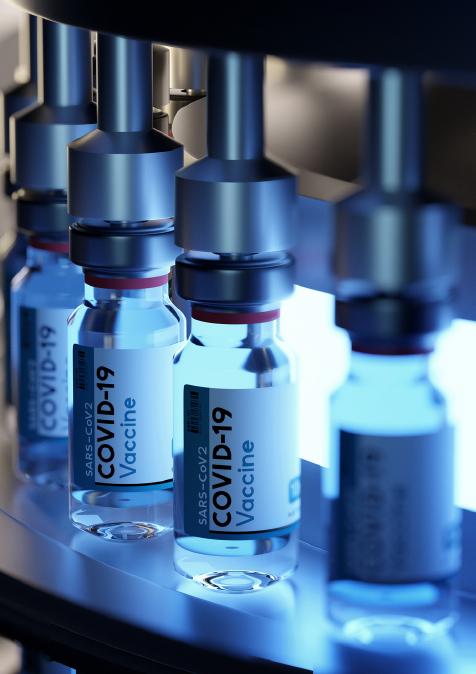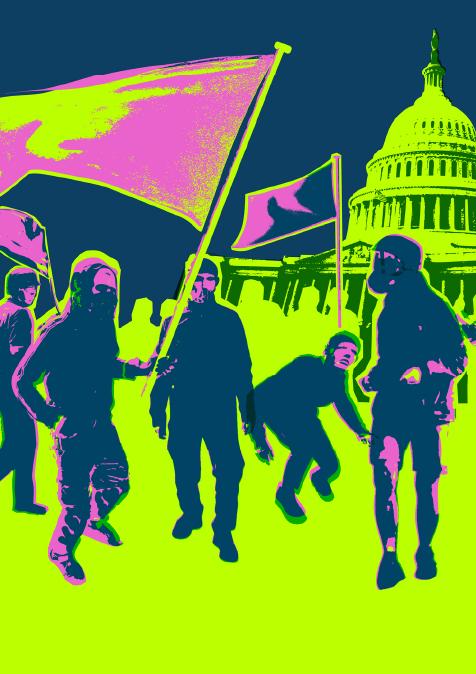The Covid-19 pandemic created a global shock to which public health services attempted to respond and which crystallized on effective ways to ensure global immunity. Developing countries in the South were faced with a double challenge. On the one hand, they have to deal with the heavy burden of fighting endemic diseases. Africa has been put to the test, in addition to HIV-AIDS, malaria and Ebola, the Marburg virus threatens to further compromise West Africa's capacity to respond. In Asia and Latin America and the Caribbean, immunization rates remain very low (between 10 and 20% at the end of September), according to PAHO/WHO, and the challenges in these regions are similar and relate to the elimination of infectious diseases, the strengthening of emergency risk management capacities and the guarantee of universal health coverage. On the other hand, the response to the Covid-19 pandemic has strained health systems in developing countries and threatens them with collapse. The post-Covid-19 period offers an opportunity to rebuild public health systems in our global south and address the structural failures that undermine them. What are the main failures of the public health sector and what reforms should be put on the agenda? What should be the priorities and pillars of a resilient public sector that serves all citizens? The issue of public health is transversal and touches on the environment, demography, food... How to deal with such a project? Faced with the cost of scientific research and medical equipment, particularly vaccines, how can we ensure substantial funding and a more efficient and fairer international solidarity? Moderator: Zeinab Badawi, Presenter, BBC Global Questions and HardTalk ; Director, Kush Communications Speakers: - Nathalie Delapalme, Executive Director, Mo Ibrahim Foundation - Neelam Deo, Director and Co-founder, Gateway House, India - Sergio Suchodolski, CEO, Development Bank of Minas Gerais, Brazil









